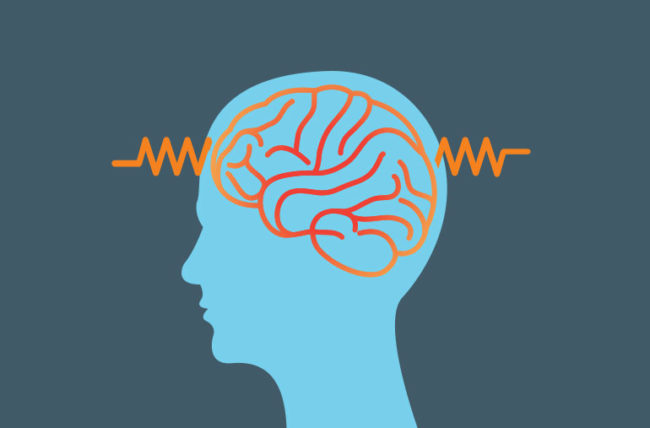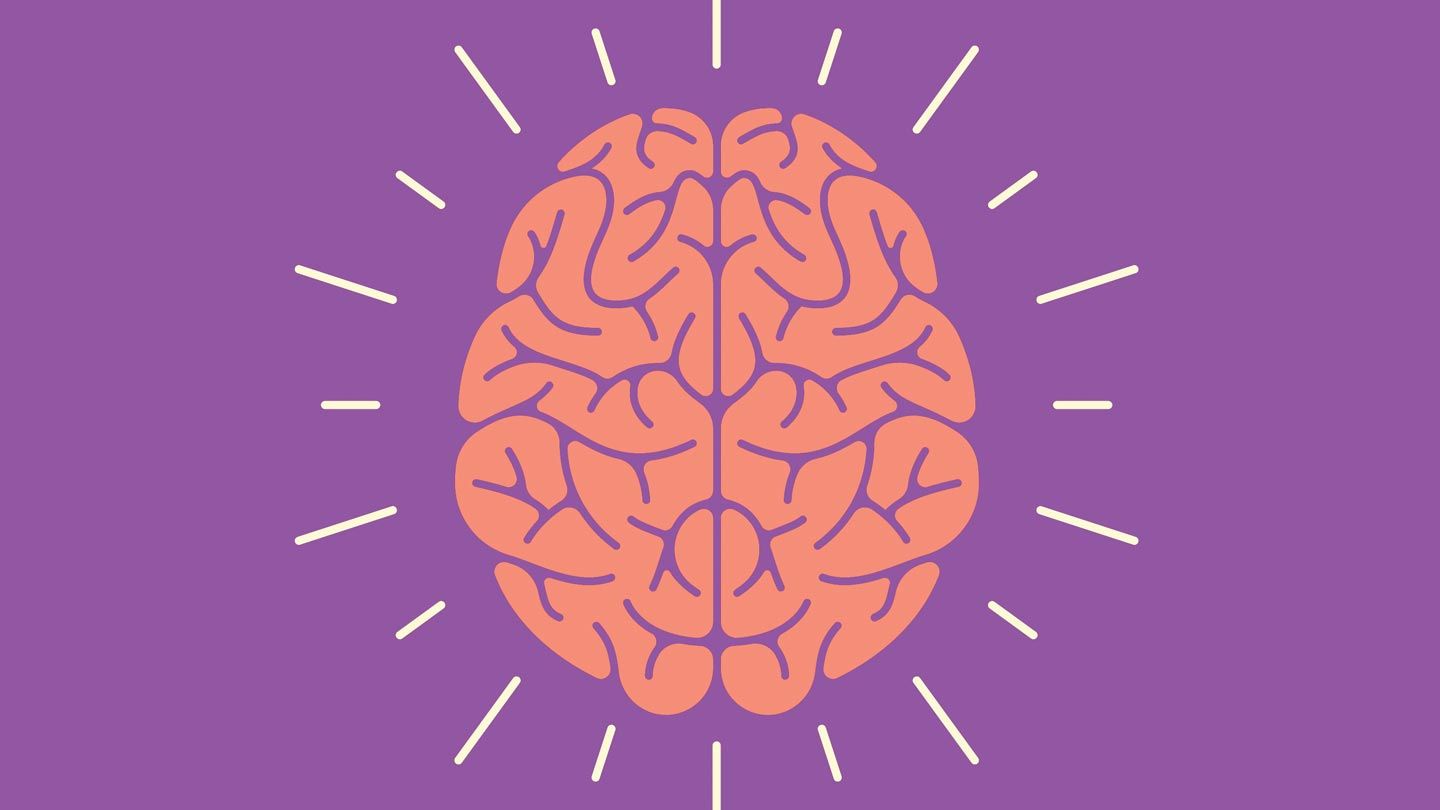When it comes to understanding the complexities of epilepsy, there is often confusion about whether it should be classified as a physical or mental disability. While society has traditionally viewed epilepsy as a mental condition, recent research and scientific findings have helped to shed light on the neurological aspects of epilepsy. In this article, we will explore the various definitions of epilepsy in order to determine whether it should be labeled as a physical or mental disability. We will also cover the impact that such labels have on those living with this condition.
What is epilepsy?
Epilepsy is a physical disability that affects the nervous system. It is characterized by recurrent seizures. Seizures are episodes of abnormal electrical activity in the brain that can cause changes in behavior, sensations, and consciousness. Epilepsy may be caused by a variety of factors, including genetic predisposition, head trauma, brain tumors, and stroke. Epilepsy can be treated with medication, surgery, or other therapies.
The different types of epilepsy
Epilepsy is a neurological disorder that affects the nervous system. There are many different types of epilepsy, each with its own set of symptoms and cause.
The most common type of epilepsy is generalized tonic-clonic seizures, which are characterized by muscle stiffness, loss of consciousness, and convulsions. This type of seizure can be caused by a variety of factors, including genetic predisposition, head injury, stroke, or brain tumor.
Another common type of epilepsy is partial seizures, which occur when only a portion of the brain is affected by the seizure. Partial seizures can be further divided into two categories: simple partial seizures and complex partial seizures. Simple partial seizures do not involve loss of consciousness, but may cause physical symptoms such as tingling or twitching in one area of the body. Complex partial seizures involve loss of consciousness and may also include hallucinations or delusions.
Other types of epilepsy include myoclonic seizures (characterized by muscle jerks), absence seizures (characterized by brief periods of unconsciousness), and atonic seizures (characterized by muscle weakness). Epilepsy can also be classified as primary or secondary depending on the underlying cause. Primary epilepsy is not caused by any other underlying medical condition, while secondary epilepsy is caused by another medical condition such as stroke or head injury.
Causes of epilepsy
There are many possible causes of epilepsy, including:
-A family history of the condition
-Genetic factors
-Brain injuries
-Infections of the brain
-Exposure to toxins or certain drugs
-Birth defects or problems with brain development
-Pregnancy complications
Symptoms of epilepsy
Epilepsy is a neurological disorder that affects the brain. It can cause seizures, which are periods of uncontrolled body movements and loss of consciousness. Seizures can vary in severity, from mild to life-threatening. Epilepsy can also cause other problems, such as mood swings, sleep problems, and memory problems.
Most people with epilepsy have seizures that can be controlled with medication. However, some people with epilepsy continue to have seizures even with medication. This is called intractable epilepsy. Intractable epilepsy can be very difficult to manage and may significantly impact a person’s quality of life.
Treatment for epilepsy
Epilepsy is a neurological disorder that affects the nervous system. Epilepsy can be treated with medication, surgery, or other therapies.
Is epilepsy a physical or mental disability?
There is no simple answer to this question as it depends on how you define both “physical” and “mental” disability. Epilepsy is a neurological condition that can cause physical symptoms such as seizures, but it can also have mental and cognitive effects. For some people, epilepsy may be primarily a physical disability, while for others it may be more of a mental or cognitive disability. Ultimately, it is up to the individual to decide how they want to define their own condition.
Conclusion
Epilepsy is a condition that can be both physical and mental, depending on the person. It affects people differently, but its physical effects are often harder to recognize than its psychological symptoms. Those with epilepsy need to be aware of the importance of having proper medical care and support in order to manage their condition effectively. With the right help, many people living with epilepsy go on to lead fulfilling lives despite their disability.

